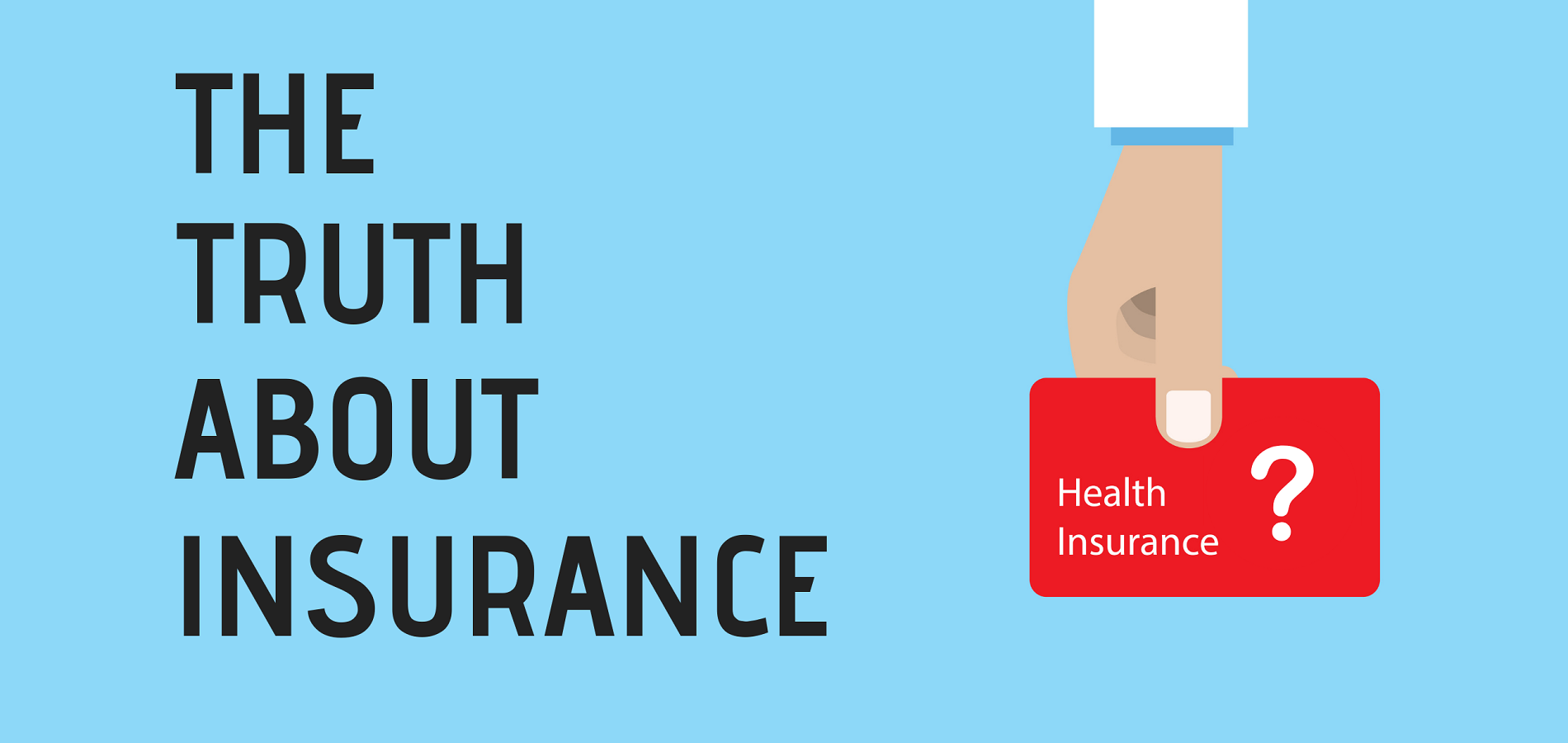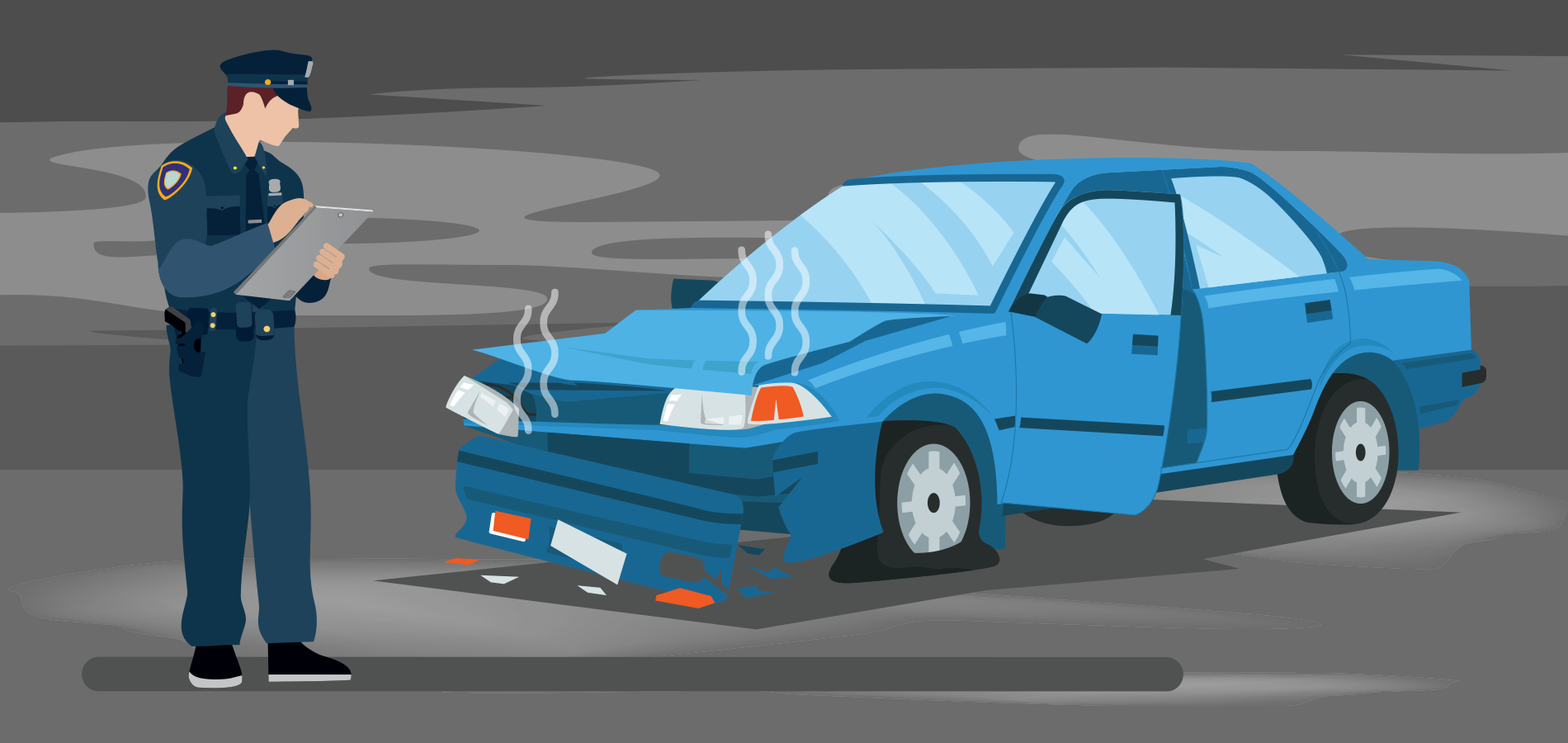Many small businesses are underinsured – and this puts their company at risk if they are involved in a claim or their owner is struck by a debilitating illness. In this post, we’ll talk about the key insurance coverage that every single entrepreneur should have.
Of course, a business may need a wide range of insurance, depending on its operations. This could include automobile protection for company vehicles. And property protection and liability coverage if you have a facility where your employees work or where clients come to purchase products.
Whether you are a sole proprietor or have 200 employees, you should consider:
-
Disability and life insurance for you as the leader of your company. We’ll explain why this is essential.
-
Liability insurance: For those who offer a service such as consulting or advice, this is commonly called “errors and omissions” insurance. If you sell a product, you will need product liability coverage in case you are sued by a customer.
Disability and life insurance
Many entrepreneurs think they are invincible. So, they don’t have a plan for how the business will operate without them if they fall ill or die. This is so important because you want to make sure that your family is taken care of should something happen to you.
It’s best to contact your small business insurance broker to determine how much life insurance you need. You may wish to have two policies – one for your business and one for your family. In the event of your death, the business can receive cash to continue operations. This is known as key person life insurance.
However, statistics show that you are more likely to become temporarily or permanently disabled than you are to die during your working years. According to the Canadian Society of Professionals in Disability Management, the numbers are stark. You should definitely have disability insurance.
What would happen if you were disabled in a car accident or suddenly had a stroke? Or you could be diagnosed with cancer and be forced to take several months off for treatment and recovery.
This is where disability insurance is so important. It will provide you with an income while you are unable to operate your business. With disability insurance there are several situations that may be covered:
-
Temporary disability: This refers to being unable to work due to an illness or injury. If you are injured in a car accident but expect to make a fully recovery in a few weeks, this would be a temporary disability.
-
Prolonged disability: This refers to ongoing health issues that may keep you off work for a year or more. This can include brain injuries, cancer or stroke. Chronic mental health problems also fall into this category.
-
Permanent disability: You have a physical or mental disability that is expected to last your lifetime. There is no likelihood that you will recover enough to get back to work.
Again, your small business insurance broker can advise you on the options that are best for your situation. Disability insurance can be expensive so you may want to look at ways to reduce premiums, such as having the insurance kick in after three months instead of right away. If you take this option, you will need an emergency cash fund to see you through the waiting period. Of course, premiums will vary depending on how much income you want to replace during your disability.
Disability and life insurance are a vital component of your business plan and your succession plan. It’s essential that you consider what will happen to your business if you die. No one wants to think about their own demise, but you must dedicate some time to this question.
Liability insurance
Now that you have your personal disability and life insurance coverage, let’s take a look at liability insurance. Many companies do not have enough liability coverage and a single major lawsuit can push them into bankruptcy. This leaves the owners not only without their business but also with no income to feed and house their family.
In this section, we will be talking about product and professional liability for small business insurance. This is different from general liability insurance, which covers you if a client slips and injures themselves on the wet floor of your store.
Unfortunately, there is a growing tendency for people to file a lawsuit when something goes wrong. And these judgments can end up costing millions of dollars. So, not only do you need insurance but you must make sure you have enough.
The type of insurance you need will depend on the nature of your business. If you manufacture, distribute or retail a product, you will need product liability insurance. On the other hand, service providers like consultants, lawyers and accountants need professional liability insurance, commonly known as errors and omissions coverage.
Here’s an example. Let’s say you are an architect designing a $10-million office building. You make an error on the architectural plans and construction has to stop while new plans are drawn up. This ends up costing the contractor $100,000. In this case, your errors and omissions policy will cover this claim.
You need similar protection for product liability. A company that makes pasta sauce, puts it into bottles and sells it at grocery stores needs protection. If something goes wrong and a consumer falls ill after eating the sauce, he or she could sue for damages. In addition, product liability insurance can cover your expenses if you need to recall hundreds of bottles of pasta sauce.
So how much does product liability insurance cost? Well, that depends. One of the most important factors is risk – a company that manufactures birth control devices is facing higher risk of being sued than one that makes printer ink. Your insurance company will want to know the volume sold, the annual revenues and whether there have been any previous product liability claims.
We have primarily talked about two kinds of small business insurance. The first is protection for you as the business owner, which includes disability and life coverage. The second is insurance for liability against your product or service. Of course, a small business may need several other types of insurance; talk to your insurance broker to see what they recommend.





